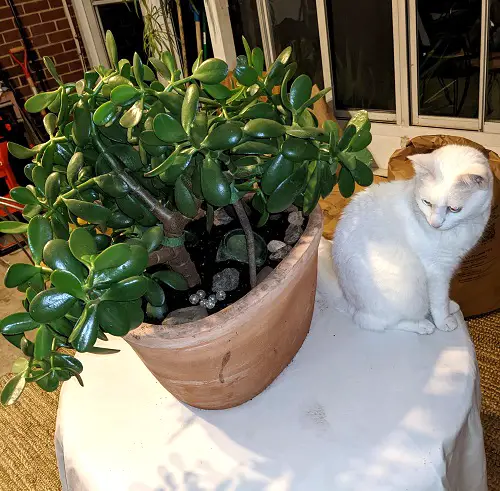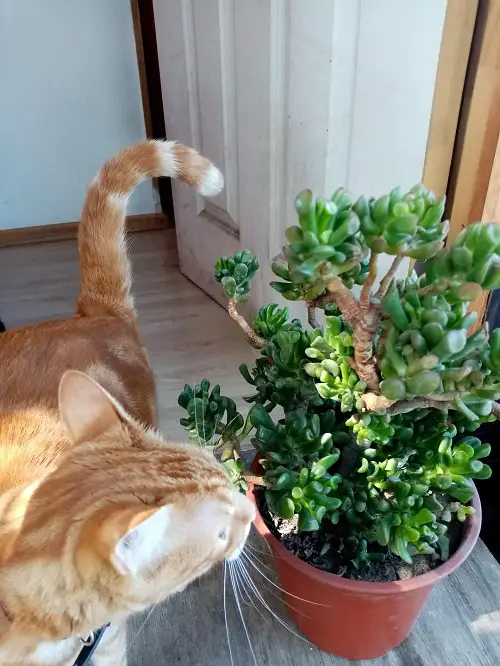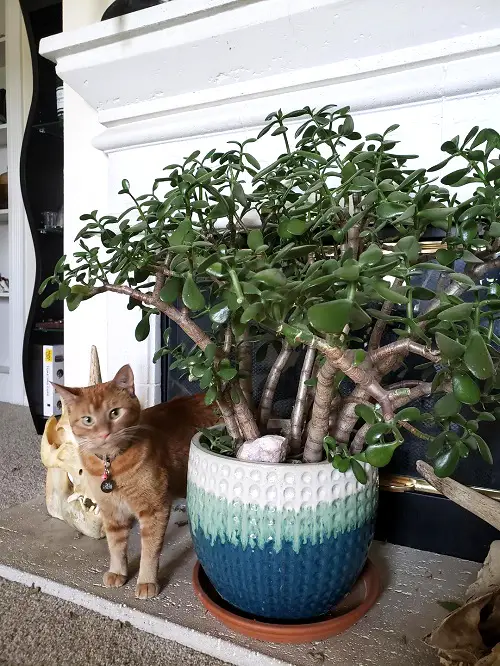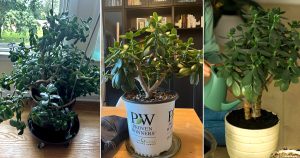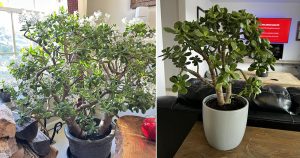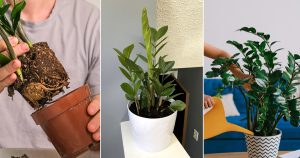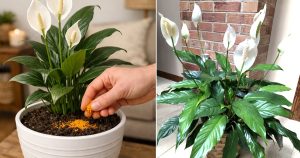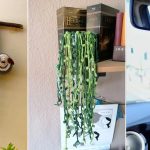If you have a cat and are also about to buy or grow Crassula ovata, Wait! You should know the answer to “Are jade plants toxic to cats?”
Jade plants are popular for their thick, fleshy leaves and easygoing nature. But if you have a cat at home, you might want to rethink keeping this succulent around. Why? Get to know the details below!
Are Jade Plants Toxic to Cats?
Yes, Jade plants are unfortunately toxic to cats. Ingesting any part of the jade plant can cause your cat to experience a variety of unpleasant symptoms, ranging from stomach troubles to more severe issues like muscle weakness. Even a small nibble can cause discomfort, so it’s important to be aware of how these plants affect cats and to know what to do if your feline companion encounters one.
Recognizing Jade Plant Poisoning in Cats
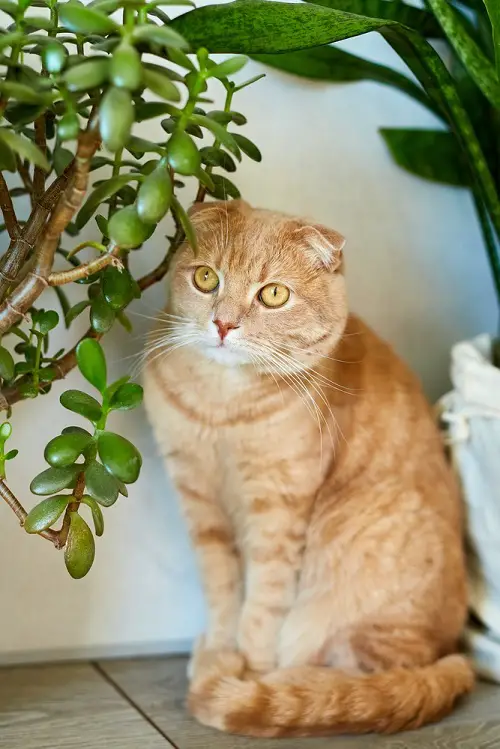
If your cat decides to take a bite out of your jade plant, you may notice some symptoms pretty quickly. Cats can’t tell us they’re feeling unwell, so it’s up to us to watch for signs. The first thing you might see is vomiting, which is common with most plant poisonings. Your cat might also look sluggish or lethargic—think of it as them feeling too tired to play or even eat like they usually would.
Other signs to watch for include loss of balance (almost like they’re wobbly or stumbling) and depression-like behavior, such as hiding or avoiding interaction. If you notice your cat acting unusually quiet or if they’re not grooming as much, these could be red flags. In more serious cases, jade plant poisoning can slow down your cat’s heart rate, so don’t delay a vet visit if you suspect they’ve eaten any part of the plant.
What Makes Jade Plants Dangerous for Cats?
The exact reason jade plants are toxic to cats isn’t entirely clear. What’s known is that all parts of the plant—from the glossy leaves to the thick stems contain something harmful for cats. It doesn’t take much, either—even a small peck can make a cat feel unwell. While the plant may not be as deadly as some other household plants, it’s enough to make your pet uncomfortable and, in severe cases, could lead to more serious health issues.
If your cat is the curious type, they might be tempted to chew on jade’s thick, tempting leaves. And while some cats don’t usually munch on plants, it only takes a moment of curiosity. For the safest home environment, keeping toxic plants out of reach—or out of the house entirely is a good idea.
What to Do if Your Cat Eats a Jade Plant
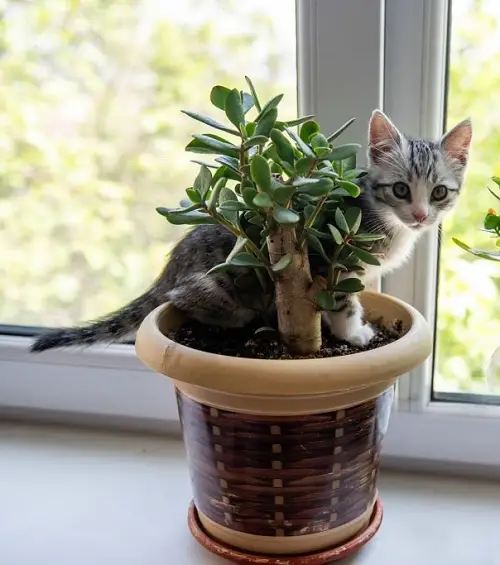
So, what should you do if your cat sneaks a taste of the jade plant? The first thing is to stay calm and call your vet immediately. Tell them what happened, describe any symptoms you’ve seen, and try to give an idea of how much of the plant might have been eaten. If you’re able, take a sample of the plant with you to the vet so they can confirm the type.
Once at the vet, they’ll likely run some tests, such as blood work or urine analysis, to assess the situation. Treatment may include fluids to help flush out toxins, medication to manage symptoms, or even activated charcoal to absorb any toxins still in your cat’s system. If your cat has been vomiting or is dehydrated, the vet might give fluids to keep them stable.
Prevention—Keeping Cats Safe from Jade Plants
Prevention is the best approach when it comes to jade plants and cats. If you already have a jade plant, you can place it in a high spot that’s genuinely out of reach. Cats are notorious climbers, though, so the safest option might be to remove the plant entirely if your cat is particularly adventurous.
If your cat spends time outdoors, you’ll also want to keep an eye on their surroundings, as jade plants are sometimes used in gardens. For indoor alternatives, there are plenty of non-toxic plants that can brighten up your space without any risks. Consider cat-friendly plants like elephant bush (Portulacaria afra), which looks very similar to the jade plant but can add greenery without any danger to your furry friend.
Another great tip is to offer some safe “plant-like” distractions for your cat. Plants like catnip or wheatgrass can give them something safe to chew on and satisfy their natural curiosity. Keeping them entertained with cat-safe options can reduce the chance that they’ll take an interest in other household plants.
Final Thoughts
While jade plants are beautiful and low-maintenance, they’re not ideal for a household with cats. It only takes a small nibble to potentially make your cat sick, so the best solution is to prevent any contact. Choose safer plants, and always be on the lookout for symptoms if your cat does get too curious.
If you’ve had an experience with your cat and jade plants, feel free to share your story in the comments. Let’s help each other create safe, beautiful spaces for both us and our beloved pets!

